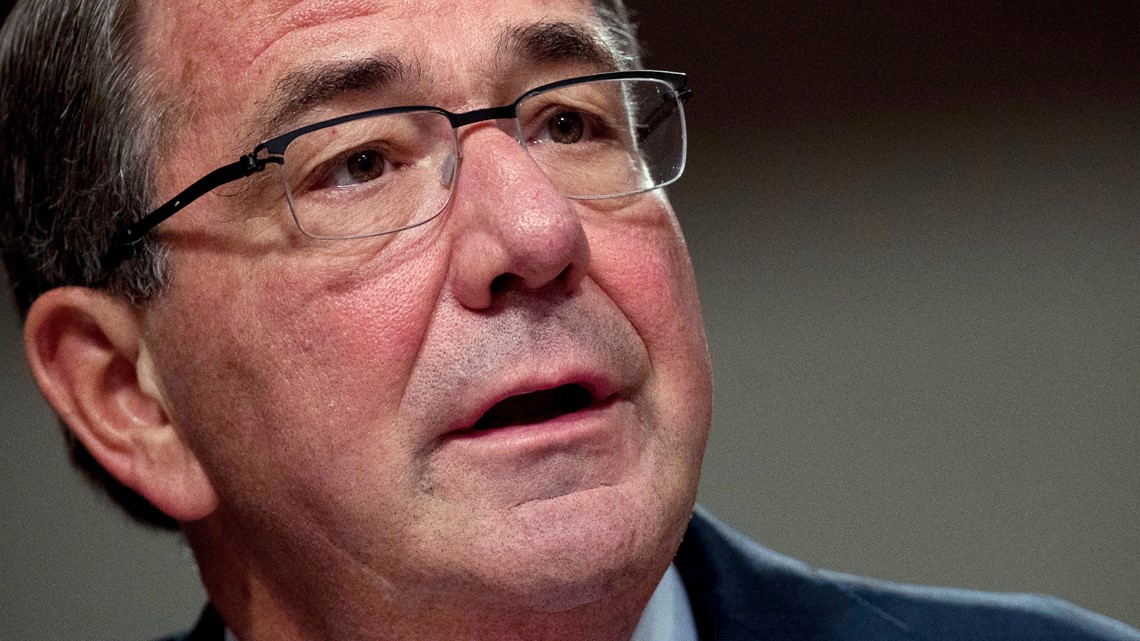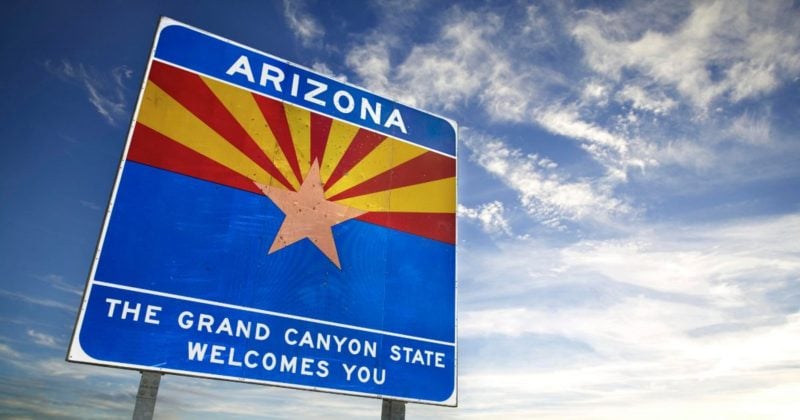Merriam-Webster online defines the verb “take over” as “to assume control or possession of or responsibility for [e.g.] military leaders took over the government.” So I was surprised to read in yesterday’s Wall Street Journal the following lead paragraph (“Rishi Sunak Wins Vote to Become U.K.’s Next Prime Minister After Liz Truss Resigns“):
Former Chancellor Rishi Sunak, who warned that Liz Truss’s economic plans for Britain were a “fairy tale,” won the contest to succeed her as prime minister on Monday, taking over the world’s sixth-biggest economy at a time of deep financial and political turbulence.
“Surprised” not because it would not make sense to think that, as the representative of the sovereign people in an unlimited democracy, the British prime minister is really taking over the economy. That may be how most people think, and they are not wrong as long as Mr. Sunak remains at the top of the state. I was surprised because usually nobody expresses this thought with the candor demonstrated by the two journalists or their editors.
I suspect they would tell me that they used the expression “take over” in a figurative sense. But some figurative speech might be revealing of the zeitgeist of our times. I had a fleeting though of Friedrich Hayek’s The Road to Serfdom, which was written in England, where the future Nobel economist still lived. I could have thought of Anthony de Jasay’s plantation state.
I asked two dear friends more familiar than I with the language of Shakespeare what they thought of the use of the verb “take over” there. One replied, with the other approving:
“Take over” makes it sound like he is driving the bus or taking over running a company from the top-down. It makes it sound like the British economy is property.
















